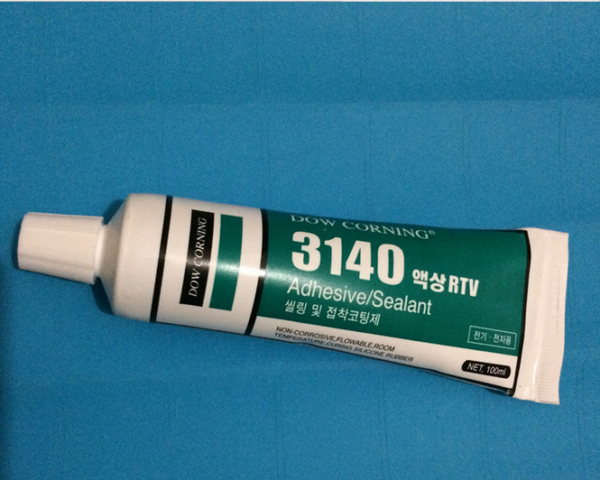Dow Wafer Resin Coating Screen Printable This paper compares the three different process technologies for wafer backside coating namely 1 Screen Print Technology 2 Dicing Die Attach Film DDAF Technology and 3 Spin Coating Technology The advantages and disadvantages of each technology shall be discussed
Printing trials with the two commercially standard non conductive epoxy based materials were conducted For each material 24 200mm wafers were printed Both screen and stencil printing processes were compared for each material Effects of printing process parameters were also considered Solutions with silicones From food and healthcare to graphic arts and labels SYL OFFTM brand silicone release coatings from Dow provide a range of technologies to deliver the right solution for any application Silicone release coatings from application to end use
Dow Wafer Resin Coating Screen Printable
 Dow Wafer Resin Coating Screen Printable
Dow Wafer Resin Coating Screen Printable
https://www.gatorledger.com/wp-content/uploads/2022/05/Automotive-Coating-Resin.jpg
MAINCOTE 1200 Acrylic Resin offers the expected benefits of higher gloss potential improved adhesion and better gloss retention compared to the conventional binder Table 1 Comparison of film properties for MAINCOTETM 1200 Acrylic Resin and a conventional acrylic in a 16 PVC gloss white DTM formulation
Pre-crafted templates offer a time-saving service for producing a diverse range of documents and files. These pre-designed formats and layouts can be used for various personal and professional jobs, including resumes, invites, leaflets, newsletters, reports, presentations, and more, simplifying the content production process.
Dow Wafer Resin Coating Screen Printable

Experimental Process a Preparation Of Wafers b Adhesive

Diamond CBN Grinding Wheel For Grinding And Polishing Sapphire Wafer

Dow Corning DOWSIL 3140 RTV Coating Uv Glue Dry Lubricant Epoxy
China Discount Price Automatic Screen Coating Machine JH 1020 Single

Global Silicon Carbide Wafer Market 2021 Growing Demand Cree DuPont

Silicone Additive Enhances Exterior Aesthetics Retrofit

https://smtnet.com/library/files/upload/Wafer-Backside-Coating.…
Wafer backside coatings 1 In this study two wafer backside coating materials which exhibit quite dissimilar rheological properties are compared between mesh screen and stencil print processes to help establish a foundation for defining coating method capability 2 Experimental To simplify the study only two screen printable wafer coating

https://www.dow.com/content/dam/dcc/documents/en-us/catalo…
Choosing a silicone resin Dow offers a diverse line of silicone resins and resin intermediates Silicone resins are themselves good film formers Whereas resin intermediates are intended for blending with other silicone or organic resins to create a film with the required balance of performance properties

https://www.dow.com/en-us/product-technology/pt-conductive-materials/
Selection guide Find the right thermally conductive silicone for your application Read the Guide Silicone thermal management solutions from Dow for PCB assemblies that meet design goals for heat dissipation processability and low cost of ownership

https://www.ewh.ieee.org/r10/malaysia/cpmt/IEMT2014/Technic…
This paper compares the three different process technologies for wafer backside coating namely 1 Screen Print Technology 2 Dicing Die Attach Film DDAF Technology and 3 Spin Coating Technology The advantages and disadvantages of each technology shall be discussed Introduction

https://www.caplinq.com/wafer-backside-coatings.html
Wafer backside coating materials allow for screen or stencil printing of the paste across the entire wafer in a single stroke increasing throughput by eliminating the need to individually dispense dots of adhesive
Dow Solvents and Additives for Coatings Dow Chemical is one of the world s leading suppliers of coating additives wetting agents stabilizers coalescents solvents neutralizers and intermediates This brochure provides an overview of the products for the coatings industry from Dow Industrial Solutions We invite Screen printing can be used with almost any type of substrate Screen printing can be used even with substrates featuring uneven or round surfaces High flexibility in design and selection of coating material ingredients including paste ink Advanced technology that supports high resolution patterns Example Line widths of 15 to 30 m
Screen printing is a convenient means for applying passivation coatings to the etched silicon wafer The coating composition must flow readily through the openings in the screen under the